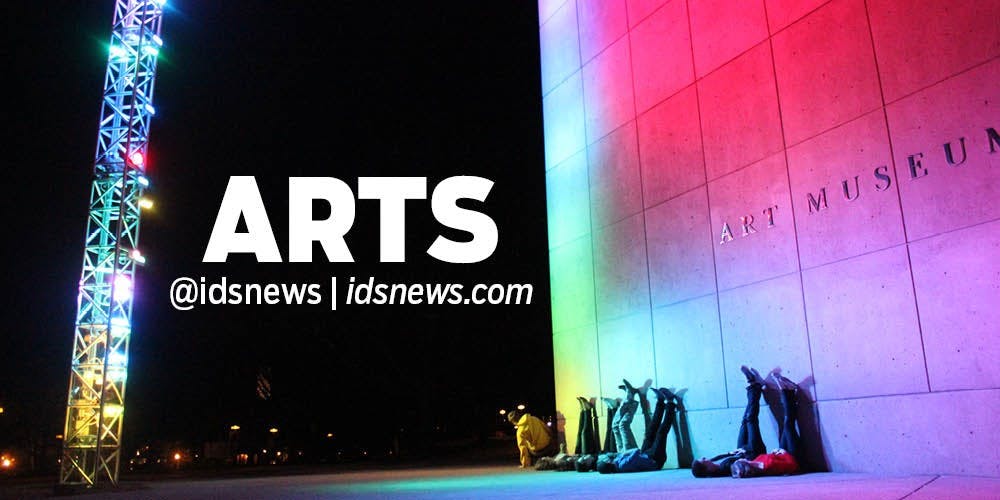IU’s Jacobs School of Music and the Kelley School of Business will present their second Music-Business-Peace Summit from 8 a.m. to 6 pm. May 11 at Jacobs School's William and Gayle Cook Music Library room M285.
The conference explores the way business and music can effect peaceful solutions to world problems. It will present talks by scholars from Jacobs, Kelley and the College of Arts and Sciences. Scholars and researchers from Boston University, University of Texas at Austin, the Toda Institute for Global Policy and other organizations will also present.
The conference will be livestreamed on the conference's website, musicbuisinesspeace.org, and will also be available on buisinessfightspoverty.org. It will remain available for online viewing until September 21.
Constance Cook Glen, director of the Music in General Studies program at Jacobs, said she hopes the conference will inspire more researchers to become active in the field of business, music and peace studies. She said the conference also connects researchers to other thinkers and catalyzes the publication of journal articles.
Timothy Fort, conference organizer and the Eveleigh Chair in Business Ethics at Kelley, said one of the conference’s big ideas is ambiguity, or the capacity for both music and business to be used for good and evil.
Fort said that Hitler’s Third Reich was an example of a totalitarian regime which used music as a propaganda tool.
He also said business has the capacity for greed and malice, but corporations are key actors for change.
Glen said the West-Eastern Divan Orchestra in Israel, which consists of both Jewish and Muslim student musicians, is an example of music bringing people together.
Fort said another big idea was the potential for business and music to develop empathy to help different people cooperate. Music does this by giving people courage, a mode of self-expression and a common language. Both music and business provide people with a means to understand the needs and conditions of people different from them.
“In business, while it does have a reputation for being greedy and cynical, there are a lot of businesses that will take into account the customers,” Fort said.
He said successful businesses look to build long-term win-win relationships.
The conference was born when Glen, who teaches MUS-Z 270: Music of War and Peace, discovered she and Fort were both interested in applying their respective fields to business.
Fort said he became interested in the topic while teaching at the University of Michigan. At first, he was discouraged from pursuing the topic of music and business because it was of little interest in pre-9/11 years. He was told it would be career suicide.
When he left for George Washington University in Washington, D.C., he had the chance to explore corporate solutions to issues with the United States government and organizations such as the United States Institute of Peace.
When he moved from D.C. to IU, he said he realize he could use the resources of the Jacobs School of Music to explore other ways to obtain peace.
Glen said every society also has trade, exchange of goods and services.
She and Fort began looking at the similarities between business and music as a means to build peace, and the similarities between them inspired them to develop a joint approach to peace, Glen said.
They enlisted the expertise of Alain Barker, Director of the Office of Entrepreneurship & Career Development at Jacobs, to organize a conference and get researchers interested in the topic.
Coinciding with the conference, Fort curated a documentary series at the IU Cinema, “Cultural Foundations for Peace."
Glen said that the goal for right now is not to change policy, but simply to generate interest.
Glen said she and Fort realized music and business had a great deal in common.
“Every society has music," Glen said. “They have different kinds of music, but they have music. They have similar functions for music. Self-expression is one of the functions.”




